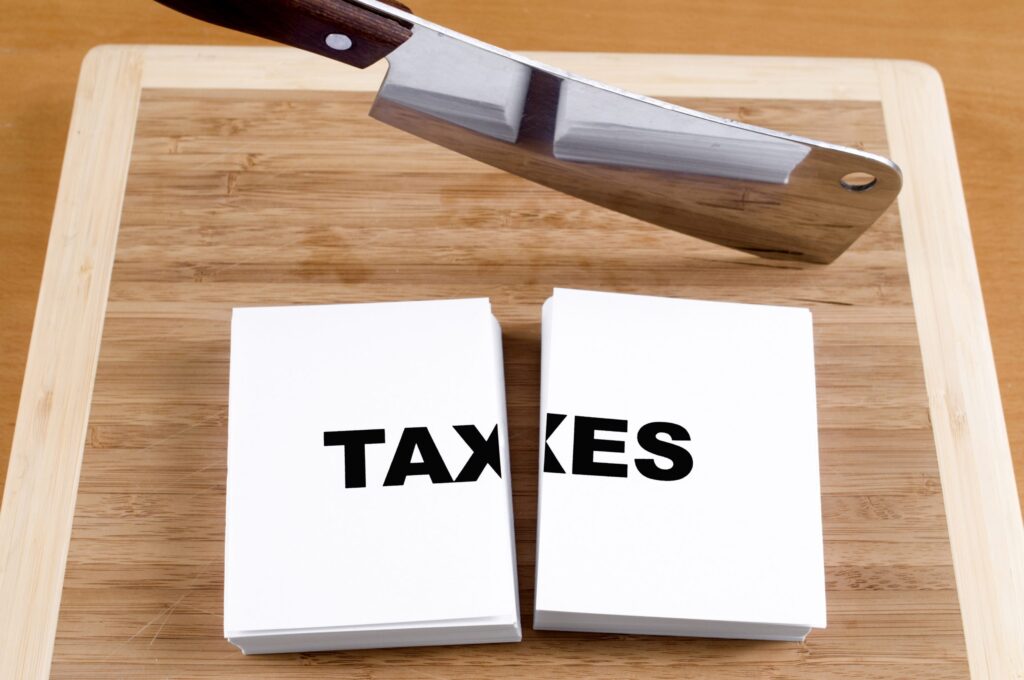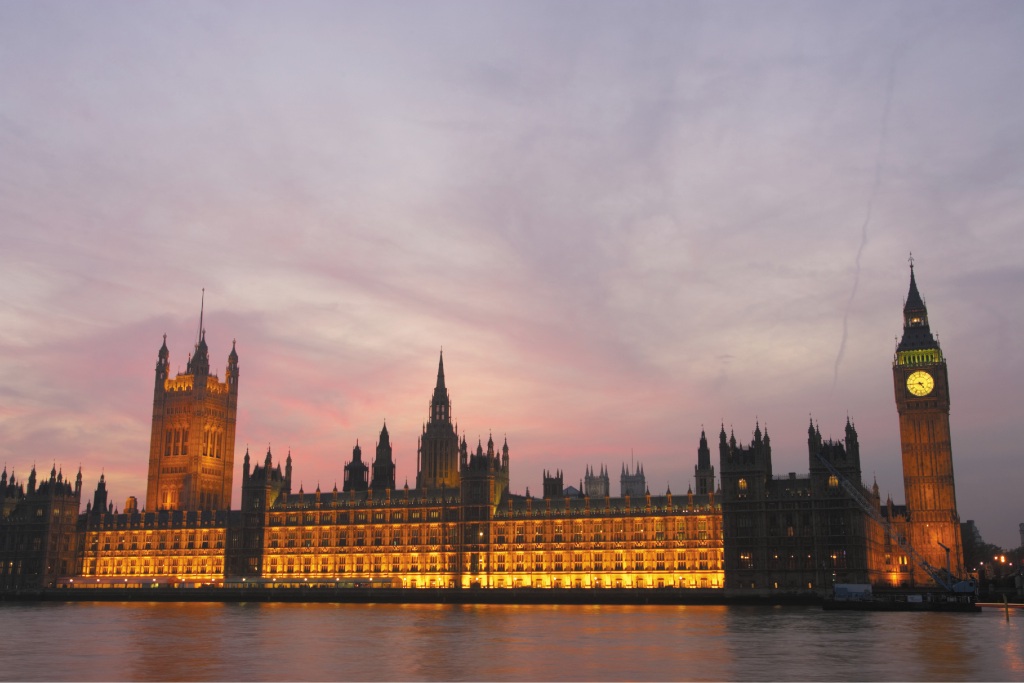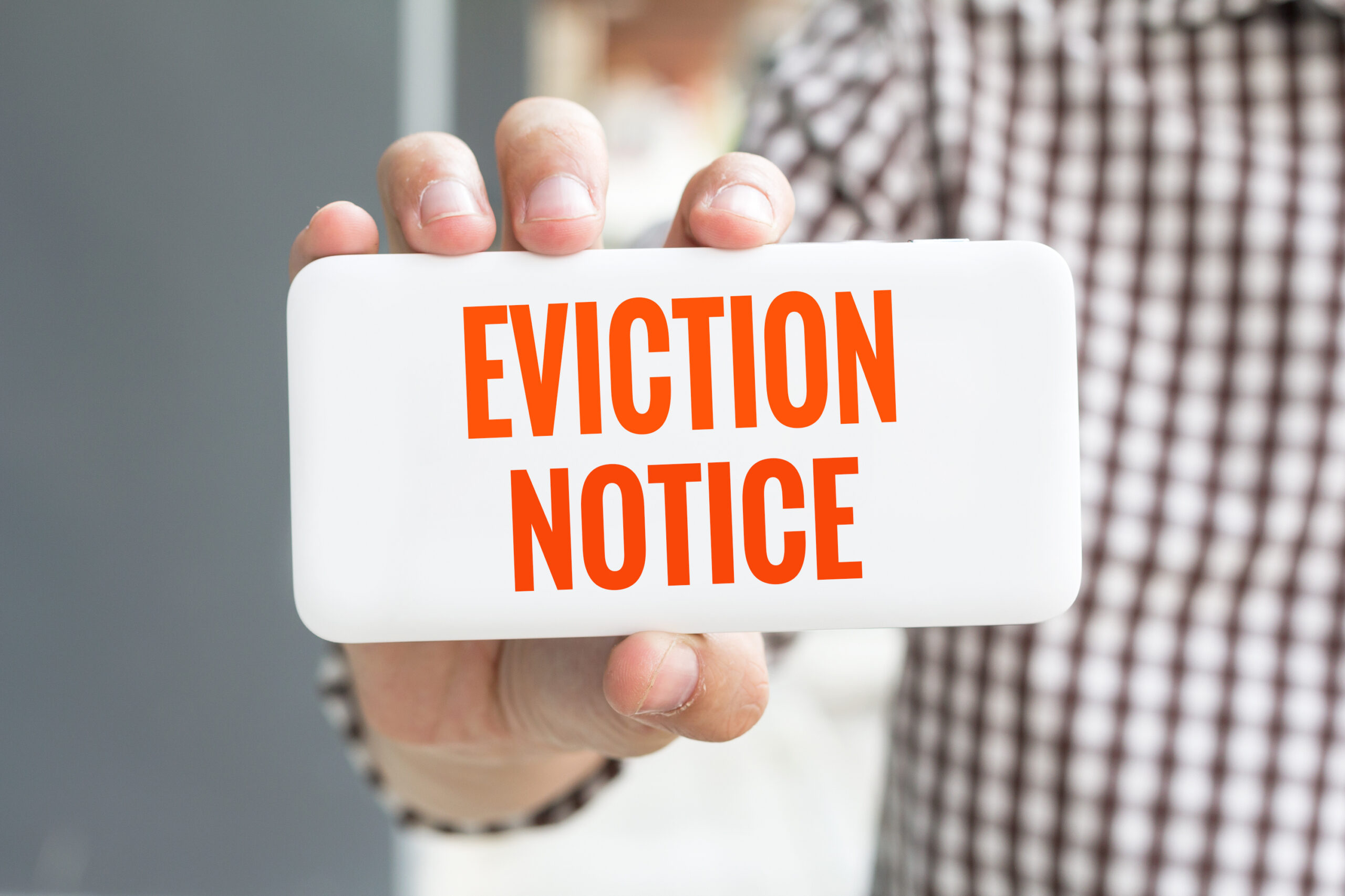The multiple dwellings stamp duty relief will be scrapped, and stamp duty for nominee purchasers will be waived in a series of property tax changes announced by the Government.
As part of the Spring Budget, which was announced today, Chancellor Jeremy Hunt said the property tax relief would be abolished from June this year, as it did not seem to promote investment in the private rented sector (PRS) as expected.
Hunt said the relief was “intended to support investment in the private rental sector, but an external evaluation found no strong evidence that it had done so, and that it was being regularly abused, so I am going to abolish it”.
This removal of this tax is expected to raise £385m per year.
The furnished holiday lettings tax regime will also be scrapped from April, which is forecast to raise £245m per year.
During the Spring Budget announcement, Hunt said he had been “looking closely” at this and was concerned it was “creating a distortion, meaning there are not enough properties available for long-term rental by local people.”
He said this change would make the “tax system work better for local communities”.
Hunt also announced that the higher rate of Capital Gains Tax (CGT) for residential property sales would be reduced from 28% to 24% from next month.
He said reducing the higher rate would increase revenues because there would be more transactions.
The lower rate will remain at 18% for gains that fall within the basic rate threshold.
Not announced in the speech but published in the Spring Budget report were stamp duty changes for registered landlords, public bodies and nominee purchasers.
From 6 May, nominee purchasers will be eligible for first-time buyers’ stamp duty relief when buying a leasehold property through a nominee or bare trustee in England and Northern Ireland.
This will also apply to victims of domestic abuse.
Also from today, registered providers of social housing in England and Northern Ireland will not be liable to pay stamp duty land tax when purchasing a property with a public subsidy. As well as this, public bodies will be exempt from the 15% anti-avoidance rate of stamp duty land tax.





